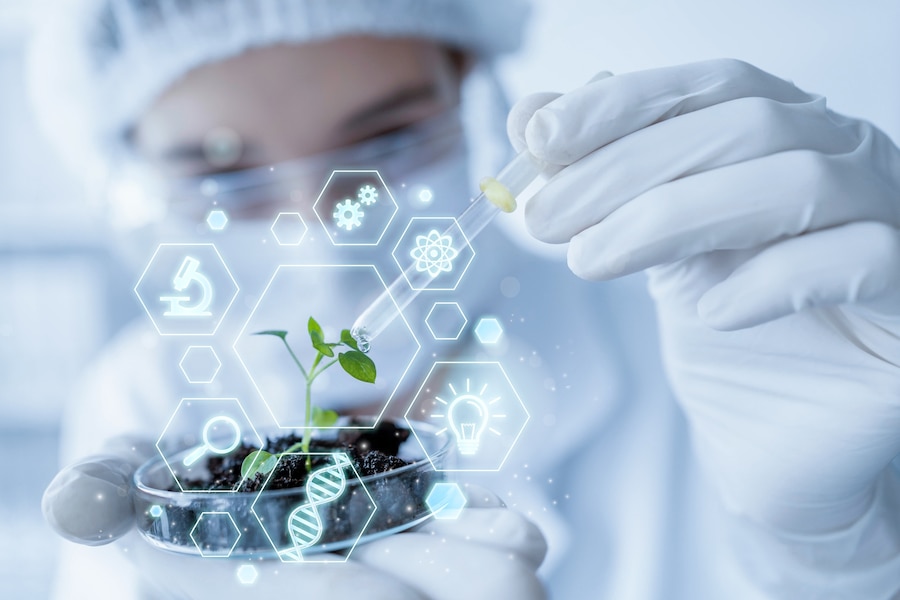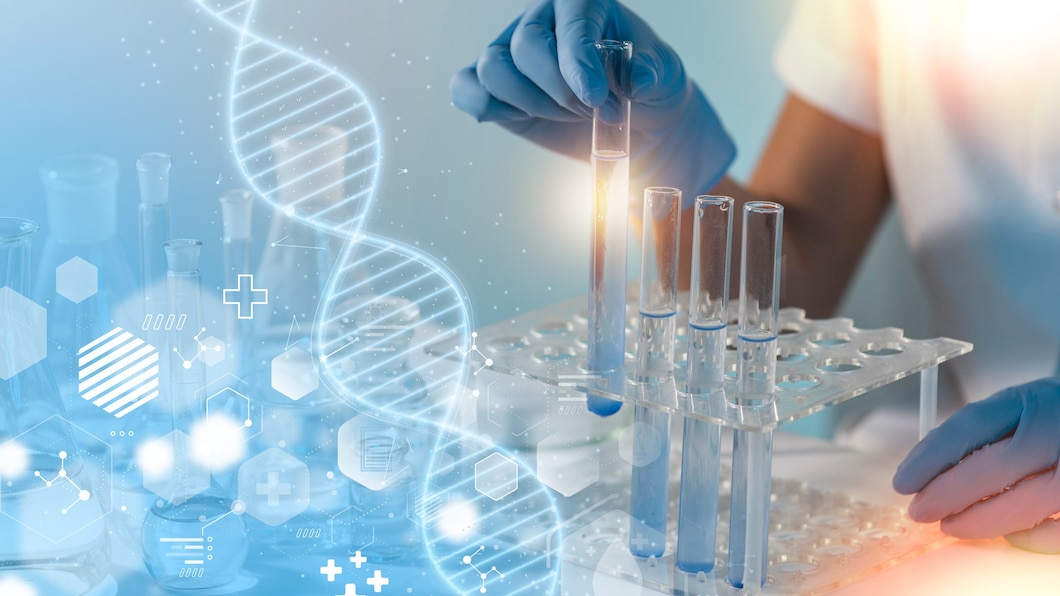Event Brief

Introduction
- Showcase the latest research, advancements and innovative techniques, driving progress in various fields of natural sciences, including biology, chemistry and environmental science.
- Discuss how current trends in natural sciences can contribute to solving global challenges such as climate change, biodiversity loss, and sustainable development.
- To delve into the specific ways Artificial Intelligence (AI) is revolutionizing biological and chemical sciences such as machine learning algorithms for data analysis, predictive modeling, drug discovery, and molecular simulations.
- To foster collaboration between researchers, technologists, and industry professionals working at the intersection of digitization, AI, and natural sciences and to showcase successful case studies and projects where AI-driven strategies have made significant impacts in biological and chemical research
- To identify and address challenges related to implementing AI-driven strategies in biological and chemical sciences. This could involve discussions on data privacy, algorithm biases, ethical considerations, and the integration of AI into existing workflows.
- To Identify and discuss future directions and potential breakthroughs in natural sciences research by providing a platform for networking, collaboration and knowledge sharing among participants.
Objectives
- Showcase the latest research, advancements and innovative techniques, driving progress in various fields of natural sciences, including biology, chemistry and environmental science.
- Discuss how current trends in natural sciences can contribute to solving global challenges such as climate change, biodiversity loss, and sustainable development.
- To delve into the specific ways Artificial Intelligence (AI) I is revolutionizing biological and chemical sciences such as machine learning algorithms for data analysis, predictive modeling, drug discovery, and molecular simulations.
- To foster collaboration between researchers, technologists, and industry professionals working at the intersection of digitization, AI, and natural sciences and to showcase successful case studies and projects where AI-driven strategies have made significant impacts in biological and chemical research
- To identify and address challenges related to implementing AI-driven strategies in biological and chemical sciences. This could involve discussions on data privacy, algorithm biases, ethical considerations, and the integration of AI into existing workflows.
- To Identify and discuss future directions and potential breakthroughs in natural sciences research by providing a platform for networking, collaboration and knowledge sharing among participants

Aim of the Conference
The aim of the conference is to explore the latest developments and emerging trends in natural sciences, IT, and AI. The conference seeks to foster interdisciplinary collaboration, enabling participants to share innovative ideas, technological advancements and methodologies that address cross-disciplinary challenges and that can positively impact society and the world.

Event Relevance & Scientific Significance
- Establish a mentorship program to support early-career researchers and students interested in pursuing studies in the interdisciplinary fields such as natural sciences, AI, computer sciences and chemical sciences.
- Foster international collaboration by organizing future conferences, seminars, or symposiums with a focus on emerging technologies and their impact on human health, sustainable agricultural practices and chemical and pharmaceutical industry.
- Engage with policymakers to communicate conference outcomes and advocate for new strategies and policies to implement the AI related technology for the betterment of health, agriculture and sustainable environment.
- Create a publication platform, such as a journal or edited volume, to showcase ongoing research and advancements in the field of AI, computer sciences biological and chemical science.
